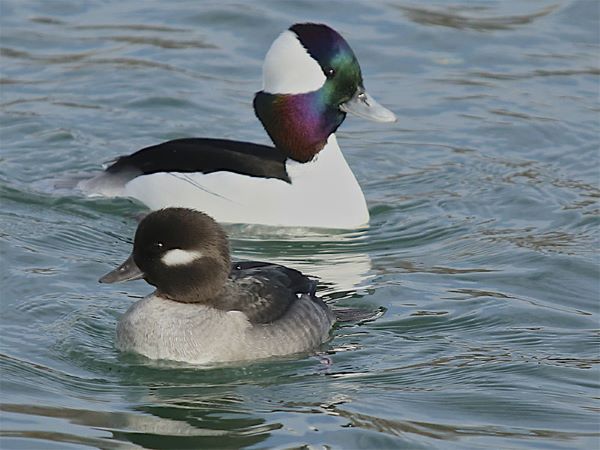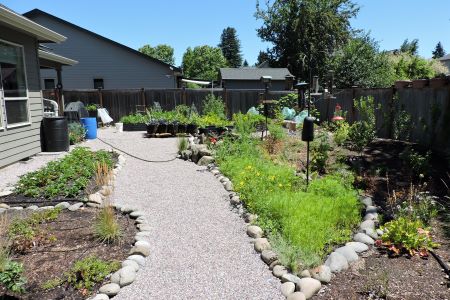 April and springtime are a welcome change from our intense winter weather. Nature and the outdoors beckon with spring plant growth and the arrival of migrating birds. Each morning I open the upstairs window and breathe in the fresh air. I take stock of the weather, watch and listen to the birds for a few minutes, and assess the new day. Connecting with nature is a necessity for my mental and physical health.
April and springtime are a welcome change from our intense winter weather. Nature and the outdoors beckon with spring plant growth and the arrival of migrating birds. Each morning I open the upstairs window and breathe in the fresh air. I take stock of the weather, watch and listen to the birds for a few minutes, and assess the new day. Connecting with nature is a necessity for my mental and physical health.
Recent studies quoted in Science Daily suggest living in an area with plenty of trees, bushes, and birds—whether in a rural, suburban, or urban neighborhood—can be good for your mental health and well-being. Researchers in Great Britain found that people who can watch birds from their homes have a lower risk for depression, stress, and anxiety than those who live in areas with limited bird activity. The study also showed that people report higher levels of depression and anxiety when they have to spend more time than usual indoors over a given period of time. Specifically, researchers determined that the more birds people could watch, the less stressed they were likely to be. The benefits of bird watching were consistent—even when the researchers controlled for other factors like household income, age, and other socio-demographic factors. In general, watching birds was shown to help people relax and feel more connected to nature.
In another new book, The Nature Fix: Why Nature Makes Us Happier, Healthier, and More Creative, by Florence Williams, the author proposes, “The more nature, the better you feel.” She reports on the work of researchers on three continents who are exploring the frontiers of nature neuroscience. Some study the response to forest smells, such as aerosols in evergreen forests, that act as mild sedatives while also stimulating respiration. Others study the soundscape, since water sounds and, especially, birdsong have been proven to improve mood and alertness. Nature’s benefits might also be due to something as simple as the fact that natural landscapes are, literally, easy on the eyes. Many of nature’s visual patterns—raindrops hitting a pool of water or the arrangement of leaves—are organized as fractals, and the human retina moves in a fractal pattern while taking in a view. Such congruence creates alpha waves in the brains, producing the neural resonance of relaxation.
All of this is true for me. If I’m able to have a walk outside with the dog, work in the garden, walk the river bike path, canoe at Fern Ridge, visit the scenic coast or expanses of eastern Oregon, my outlook on life improves greatly. Over the past few months, I have found this more important than ever! My connection to nature gives me energy, releases stress, and keeps me breathing deeply to bring in the fresh air. Natural beauty and birds makes me feel joy and a simple pureness I can find nowhere else. Awe, which many people experience in nature, is, according to one study, associated with increased generosity toward other people and a sense of connection to the larger community of life. Maybe this is what we all need to keep our balance in this crazy world. Please get out and get your fix. Nature is waiting!



